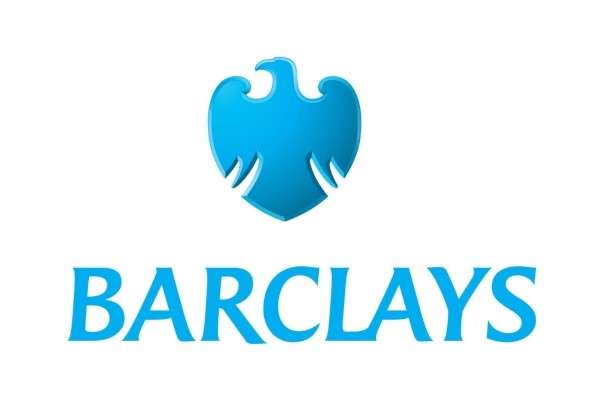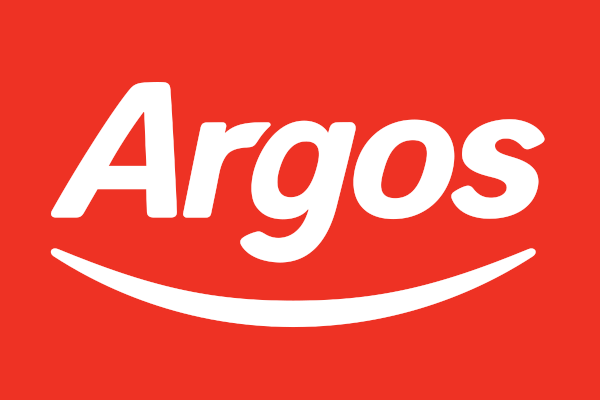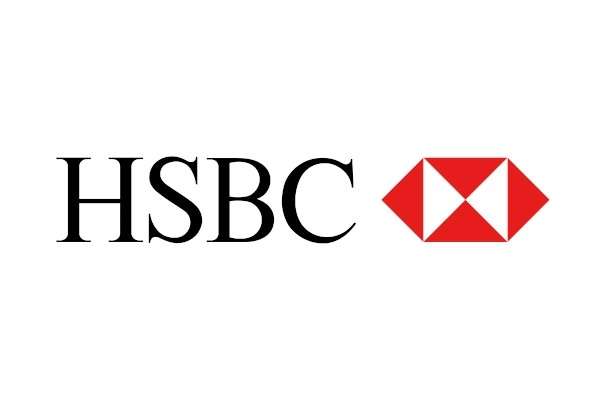
Store Instalment Cards
Store Credit UK
Some credit agreements may be covered under Section 75a of the Consumer Credit Act if they meet the other criteria outlined. Many retailers provide customers with credit agreements through in-store cards, hire purchases and catalogue shopping. This is a financial agreement between retailer and consumer that typically allows customers to buy now and pay later.
Search for a Company to begin a Claim
Let’s look further into the different types of store credit available to consumers.
Store Cards:
This perhaps is the most popular form of store credit for both retailer and consumer.
Store cards are a form of credit card that applies only to the store associated with the card. Many people may have numerous store cards for different retailers. This allows you to buy products in-store and spread the costs over time. Although, this may seem appealing to the average consumer there can be some issues which you should be aware of.
Firstly, the interest rates on these types of cards can be extremely high. Meaning you will pay back a price far greater than the original cost of the product. Such interest rates may cause people to miss repayments due to not being able to avoid surprise costs.
Before taking out a store card you should be aware of the interest rate and fully determine whether you will be able to afford the repayments. Many can be pressured to get one by sales members within stores but it is always better to go away and do your own research rather than act on impulse.
If you did agree to a store card for a specific retailer then quickly regretted that decision there is a cooling off period of 14 days. In that time you can cancel any type of credit agreement including store cards.
Store Linked Credit Cards:
These are very similar to store cards however they may offer greater perks. They will be branded with the associated store but can be used elsewhere. Some of them may also have longer interest-free periods meaning lower repayment costs.
Many of the benefits may only be a part of an introductory period so it is important to check the terms and conditions before signing up for one.
Catalogue Shopping:
Catalogue shopping is another form of credit agreement popular amongst UK residents. This allows you to buy now and pay later on purchases over an instalment period via an online catalogue or brochure. Many catalogue shopping accounts will have maximums in place meaning you can’t spend over a certain limit.
Expected repayment periods would typically be weekly, fortnightly or monthly.
Those are just a few examples of a store credit within the UK. Many retailers will have different credit programmes for customers with specific perks, benefits and varying interest rates. It is crucially important that you read the fine print and fully assess your repayment capability to prevent any financial problems occurring.
Advantages and Disadvantages of Store Credit
A credit agreement offers credit to the consumer appearing to make purchasing easier with later payment dates. However, despite the perks and benefits there can be some serious disadvantages associated with store credit agreements.
The excessive interest rates are far greater than that of a typical credit card. Many stores will charge more than 25% interest which is extraordinarily high.
This is the major disadvantage of store credit and means customers will pay back far more than the original cost.
Another disadvantage is that many in-store cards are commonly mis-sold. This leads to customers agreeing to them on impulse and agreeing to something they might not be able to afford.
The introductory offers can often mask the fact that this is a form of doubt. Many consumers may not be aware they are getting into debt yet instead think they are taking advantage of the perks on offer.
Many of the issues with store credit come from lack of transparency and knowledge. Adequate research should be undertaken so you are fully aware of what you are signing up to and what needs to be paid.
There are some ways you can reap the benefits though and some advantages that are worth nothing.
Signup benefits can offer great rewards. For example if a store offers a 10% sign up discount this can be great to use on a high price item. Don’t feel rushed to use the discount there and then. Save it for a valuable saving.
The membership benefits are a great way to get further involved with your favourite store. On offer may be member nights or early access. All of which is well worth paying interest to if you are an avid shopper in that store.
Remember regardless of the perks the most import thing is your ability to make the repayments. Signing up to loads and loads of store cards and other credit agreements could have an impact on your ability to gain new credit that may be more important. Additionally, if you can’t pay back the loan then this will hurt your credit score.
Overall, store credit can have intriguing benefits but adverse downfalls. The biggest key is to ensure you are fully clued up on what is available to you and what in turn is required from you.
Section 75a Consumer Credit Act
Section 75 of the consumer credit act is a UK law that means your credit card company must take responsibility for purchases that go wrong. They will share the responsibility with the retailer and help customers that have issues with goods or services they have paid for. Section 75 applies to purchases made on credit cards between £100 and £30,000.
Section 75a is a specific subsection that further enhances the current laws in place. It offers greater protection to consumers who have issues with their purchases. The Consumer Credit Directive introduced this subsection in 2011. There are certain conditions in subsection 75a and your purchase must meet the following criteria to make a claim.
This section does not apply to credit card payments and they are not typically covered. Instead purchases need to be made in under a credit agreement.
This agreement should have been introduced to cover the costs of this purchase solely. This therefore might apply greater to higher
costs purchases. The credit agreement should fall within the realms of what is required under the Consumer Credit Directive but should not apply to section 75.
The credit agreement should not exceed the maximum price of £60,260. This is a much higher upper limit than what section 75 alone covers purchases for. However different rules do apply meaning it could be more difficult to claim back costs.
The retailer must have also breached the agreed contract. Examples of this would be goods or services not being delivered or in part, therefore resulting in you being unsatisfied with the receipt of goods.
For your claim to be successful your purchase must meet the above criteria. If it is too expensive to be covered solely by section 75, then section 75a may be able to help. The claim process between the two does also differ.
Under section 75 you can make a claim against the supplier directly to them or your credit card provider as they both share responsibility. However, within section 75a you must first contact the seller before making a claim to the creditor and show that you have taken adequate steps to pursue the supplier.
If for any reason you have not obtained satisfaction from the results of your claim from both the retailer and credit card company you can make a claim to the Ombudsman Service. This is helpful if you want to make a claim against the creditor and do not agree with the decisions previously made.
Overall section 75 and its subsections offer excellent protection for consumers and help when purchases go wrong.
Readability Score:
Top Complaints:
Quick Complaint Form
All companies in this category
























